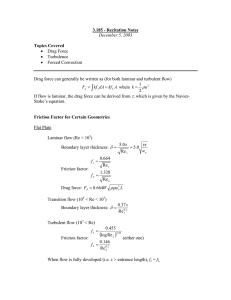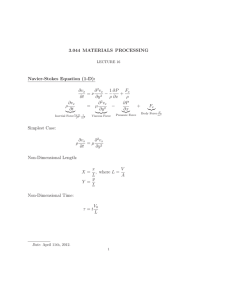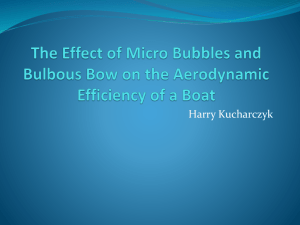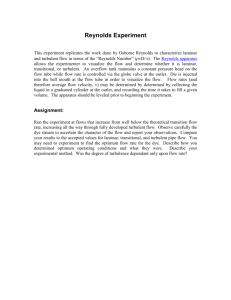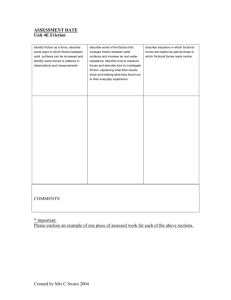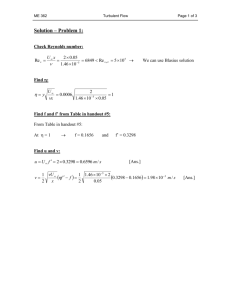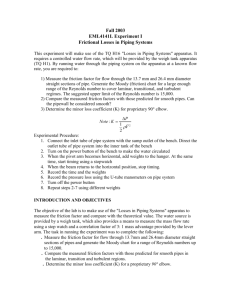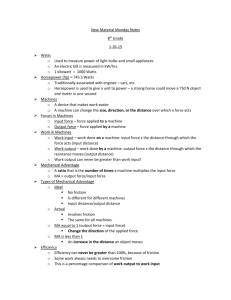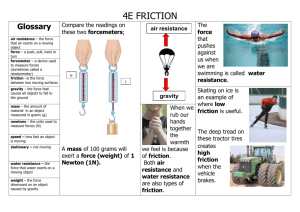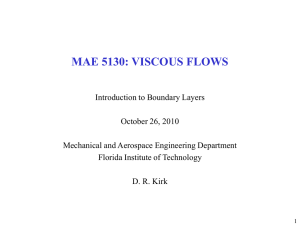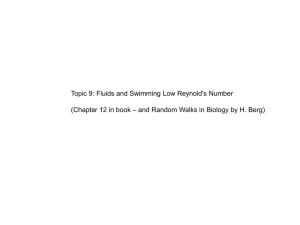MAE101B ADVANCED FLUID MECHANICS SPRING 2009
advertisement
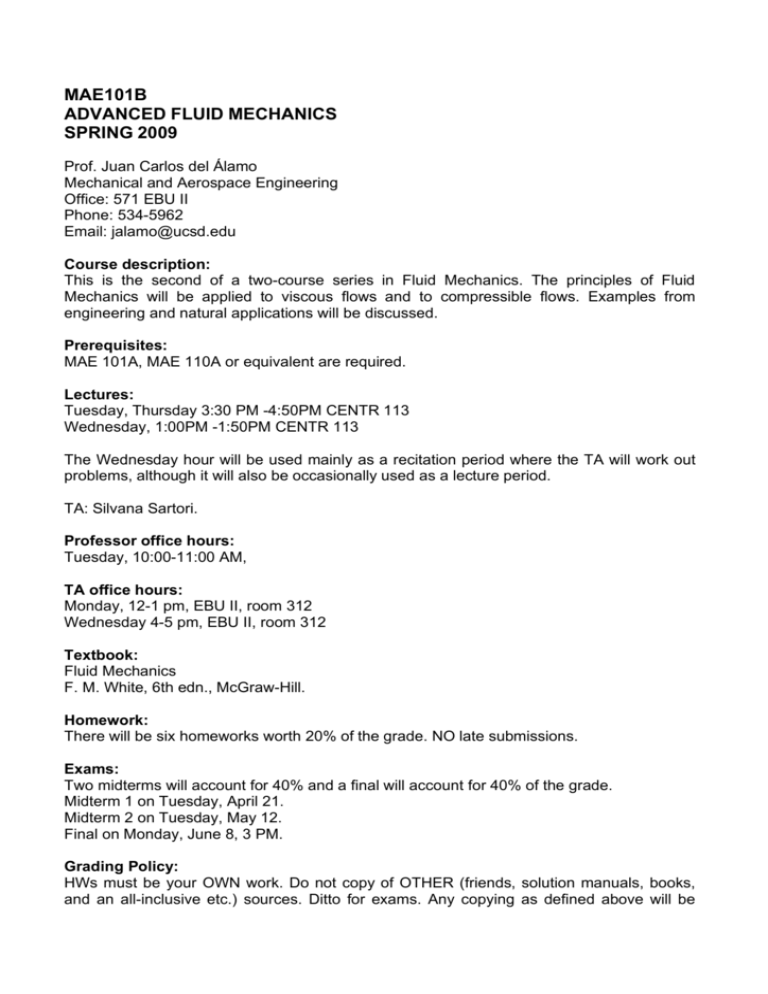
MAE101B ADVANCED FLUID MECHANICS SPRING 2009 Prof. Juan Carlos del Álamo Mechanical and Aerospace Engineering Office: 571 EBU II Phone: 534-5962 Email: jalamo@ucsd.edu Course description: This is the second of a two-course series in Fluid Mechanics. The principles of Fluid Mechanics will be applied to viscous flows and to compressible flows. Examples from engineering and natural applications will be discussed. Prerequisites: MAE 101A, MAE 110A or equivalent are required. Lectures: Tuesday, Thursday 3:30 PM -4:50PM CENTR 113 Wednesday, 1:00PM -1:50PM CENTR 113 The Wednesday hour will be used mainly as a recitation period where the TA will work out problems, although it will also be occasionally used as a lecture period. TA: Silvana Sartori. Professor office hours: Tuesday, 10:00-11:00 AM, TA office hours: Monday, 12-1 pm, EBU II, room 312 Wednesday 4-5 pm, EBU II, room 312 Textbook: Fluid Mechanics F. M. White, 6th edn., McGraw-Hill. Homework: There will be six homeworks worth 20% of the grade. NO late submissions. Exams: Two midterms will account for 40% and a final will account for 40% of the grade. Midterm 1 on Tuesday, April 21. Midterm 2 on Tuesday, May 12. Final on Monday, June 8, 3 PM. Grading Policy: HWs must be your OWN work. Do not copy of OTHER (friends, solution manuals, books, and an all-inclusive etc.) sources. Ditto for exams. Any copying as defined above will be grounds for a F grade. See http://www-senate.ucsd.edu/manual/Appendices/app2.htm Course Outline Week 1: March 31-April 2 Chapter 6: subject is Internal Viscous Flows. Qualitative description of flow in a pipe: pressure drop and friction factor; turbulent versus laminar flow; entrance length; fully-developed regime. Review of Navier-Stokes equations. Analytical description: shear stress variation; laminar flow solution. Week 2: April 7-9 Chapter 6, continued. Turbulent flow: Reynolds averaging; wall, outer and overlap layers in turbulent wall-bounded flows; log law for the velocity profile. Friction factor: turbulent smooth wall solution; effect of rough walls; Colebrook formula, Moody chart and their use in pipe flow problems. HW1 collected on April 9. Week 3: April 14-16 Chapter 6, continued. Flow measurement devices. Overview of Chapter 6. HW 2 collected on April 16. Week 4: April 21-23 MIDTERM 1 (Tuesday, April 21st ). Chap. 7: subject is External Viscous Flows. Boundary layer (BL) on a flat plate: different measures of the BL thickness; skin friction coefficient & drag coefficient; laminar versus turbulent boundary layer; BL approximation of the Navier-Stokes equations. Week 5: April 28-30 Blasius solution of the BL equations. Von Karman momentum integral relationship and its application to a boundary layer. Turbulent BL: logarithmic overlap region, skin friction law. Week 6: May 5-7 Chapter 7, continued. BL under favorable pressure gradient; adverse pressure gradient. Drag in external flow: friction drag, pressure (form) drag, wave drag. Overview of Chap. 7. HW 3 collected on May 7. Week 7: May 12-14 MIDTERM 2 (Tuesday, May 12th ). Chapter 9: subject is Compressible Flow. Review of thermodynamics: first law, second law, equation of state, ideal gas relationships, isentropic process. Mach number. Week 8: May 19-21 Chapter 9, continued. One-dimensional adiabatic and isentropic steady flow in a duct, Mach number relationship. Flow in non-uniform duct: effect of convergence, effect of divergence, choking. HW 5 collected on May 21. Week 9: May 26-28 Chap. 9, continued. Normal shock: Rankine-Hugoniot relationship, Mach number relations. Converging-diverging nozzle. HW 6 collected on May 28. Week 10: June 2-4 Chapter 9, continued. Duct flow with friction (Fanno flow). Duct flow with heat loss (Rayleigh flow). Wrap up.
